Covid case numbers have fallen across all four Tayside and Fife regions in the past week.
Perth and Kinross, which saw an increase in cases last week, has had numbers fall by 22.2%, with 105 people testing positive between August 13 and 19.
This is compared with 131 the week before.
In Fife, cases fell by 21.6%, meaning 229 people tested positive. The previous week saw 287 people confirming a positive test.
In Dundee, there was a decrease of 15% compared with the previous seven days. This week, 119 people tested positive, compared with 139 the week before.
And in Angus, there was a small decrease of 6% with 78 people confirming a positive case. The previous week saw 82 people test positive.
What about the rest of Scotland?
This week, the Office for National Statistics (ONS) data revealed one in 40 Scots tested positive in the week ending August 16. This is compared with one in 30 last week.
The estimated number of people testing positive for Covid-19 in Scotland was 135,000, meaning 2.56% of the population tested positive between August 9 and 16.
In England, one in 45 tested positive the same week. The figures were also one in 45 in Wales and one in 70 in Northern Ireland.
It means Scotland again has the largest estimated average ratio of the population testing positive for Covid-19 last week, for the second week running.
How long does my vaccine last?
Everyone aged 50 and older, and some people under 50, will be entitled to a Covid jab this autumn, as part of the Scottish Government’s booster rollout.
But for those who are younger and perhaps don’t qualify for a booster vaccine, the question is, how long does the immunity last from your previous booster last winter?
According to research carried out by the University of Southampton in April, strong immune responses are still seen 84 days after third jabs with five of the Covid vaccines currently approved for use in the UK.
However, anyone who hasn’t had a booster dose since last winter will be well past the 84 day mark by now.
The JCVI has not currently recommended under 50s with no underlying health conditions, who are not carers or live with someone vulnerable get a booster vaccine.
However, this could change as the booster programme develops.
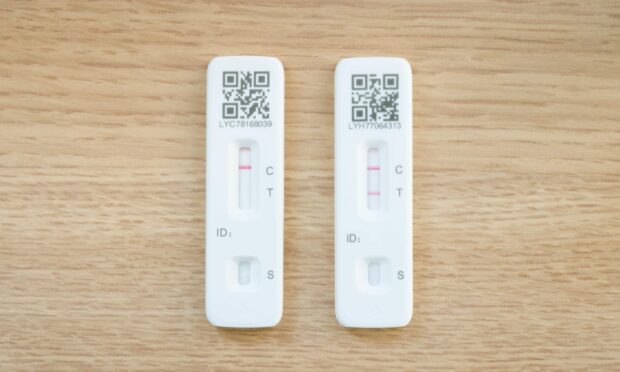

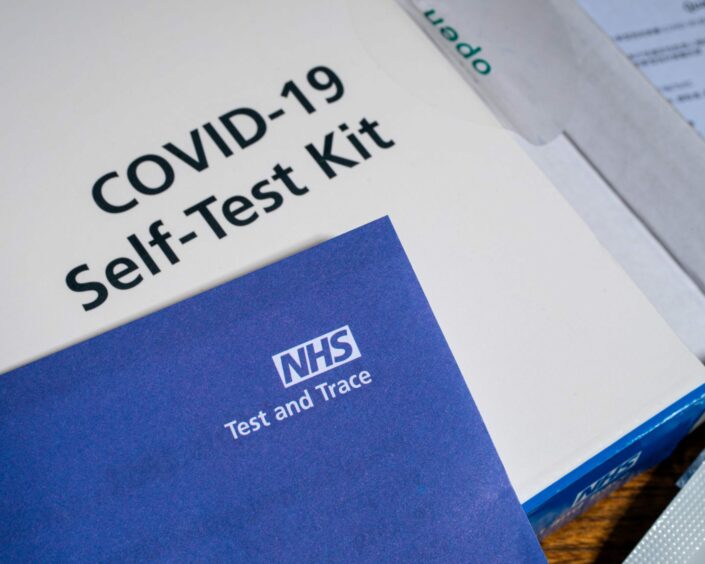
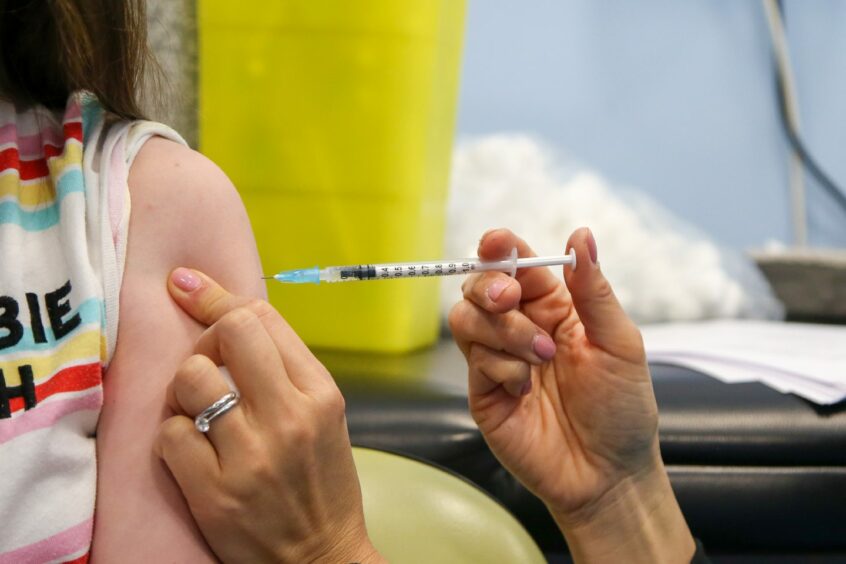
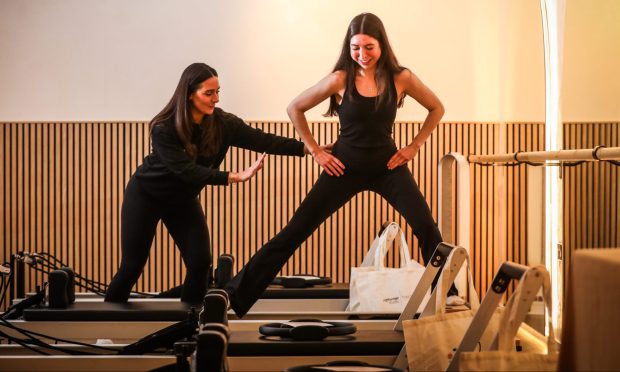
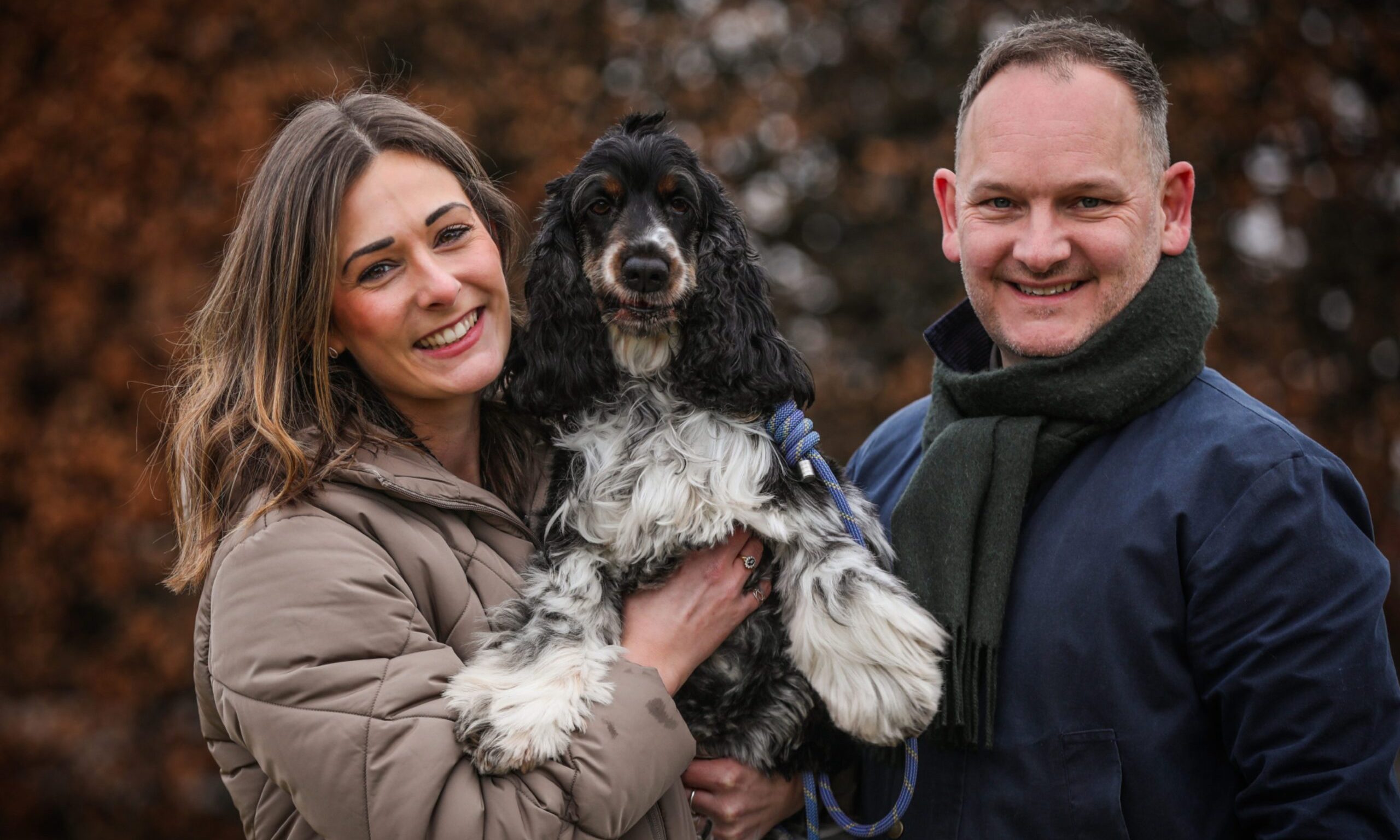

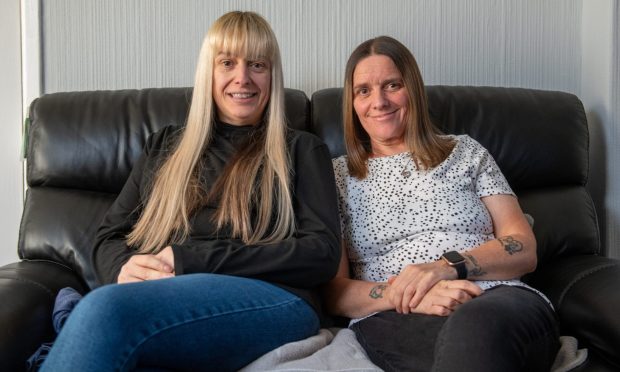

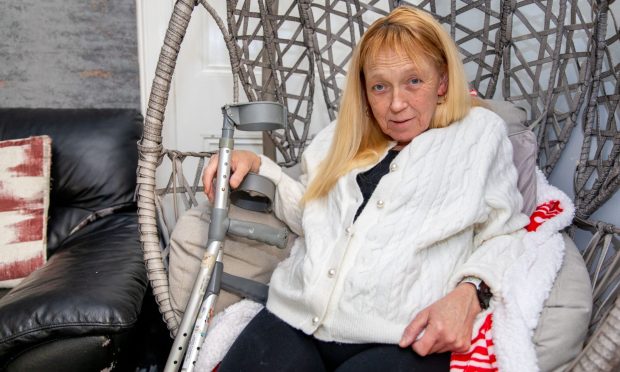
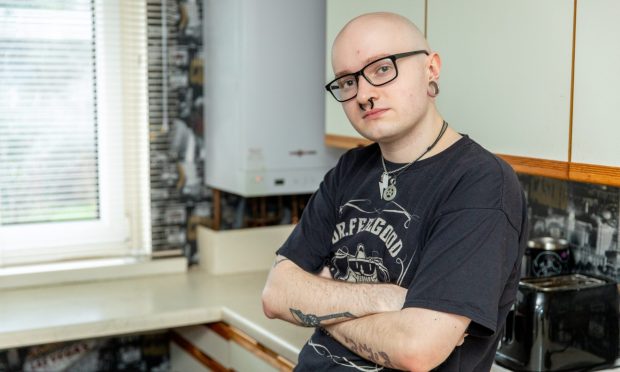

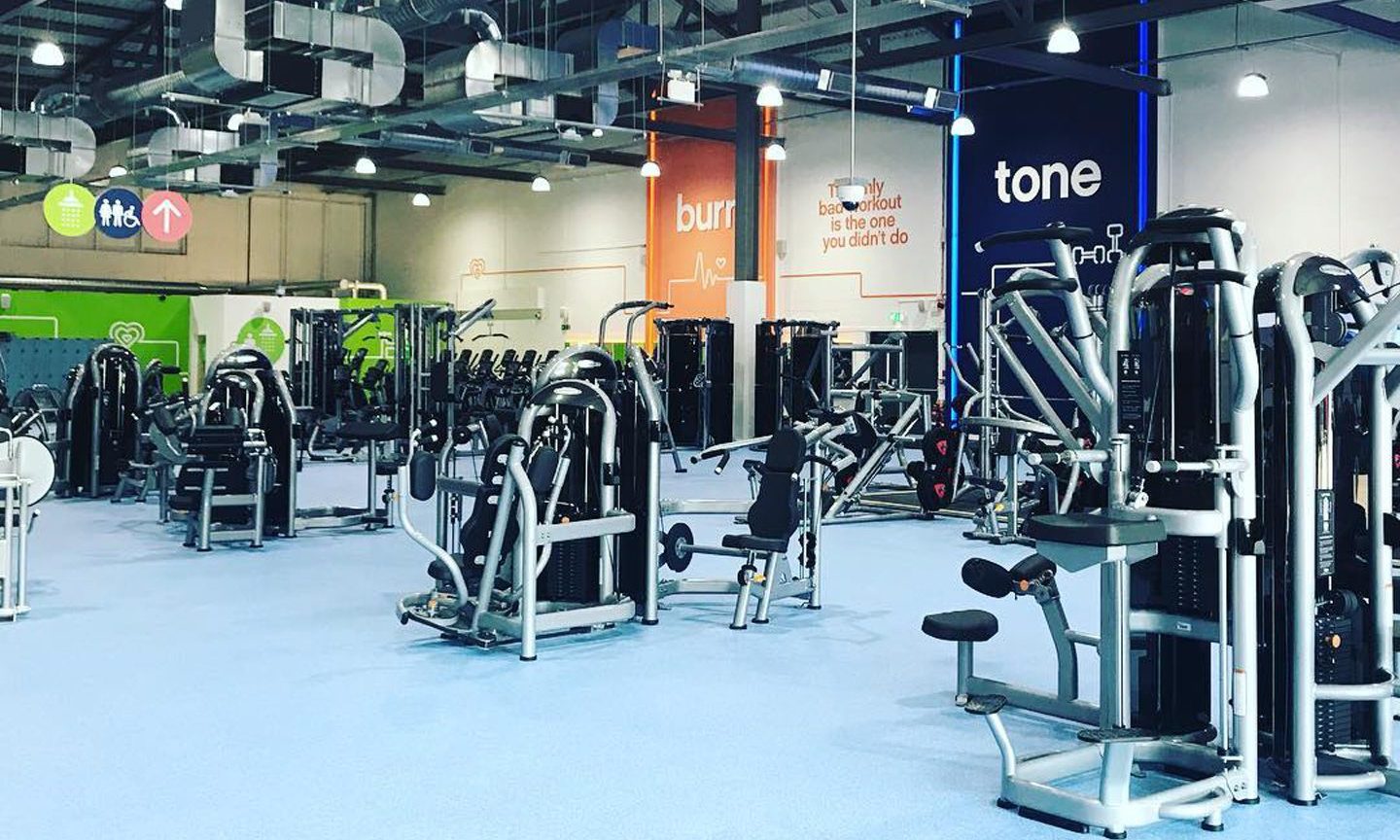

Conversation